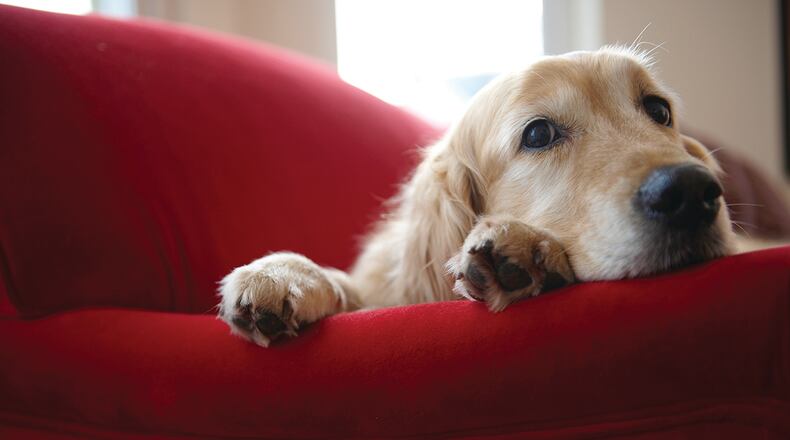The following are some steps pet owners can take to protect their companion animals against poisoning:
- Don’t leave out human food. Dogs, cats and other animals may be lured by the sweet temptation of their owners’ food. Many food scraps can be toxic to pets, including alcoholic beverages, chocolate, coffee beans, moldy foods, and raisins, among others. Keep the kitchen tidy and trash cans (indoor and outdoor) secured.
- Be careful with houseplants. While they may look beautiful and filter indoor air, certain houseplants can be toxic to pets if ingested. Before bringing any new plants into your home, check the ASPCA Toxic and Non-Toxic Plant Guide. Lilies may be pretty, but they also are quite toxic. The smallest nibble can be fatal to cats.
- Keep medications locked away. Be sure that over-the-counter and prescription medications are locked away and cannot be accessed by curious pets. Even seemingly mild medications, like human pain relievers, can be toxic to pets.
- Be safe when spring cleaning. Keep pets out of rooms when they are being cleaned by chemical products or when using insecticides. Wait a day or more before letting pets back into the area. Store products beyond a pet’s reach when they’re not in use.
With diligence, a significant percentage of pet poisonings can be prevented. Pet owners should do their homework about toxic items in and around their homes and do their best to keep pets safe.
About the Author

